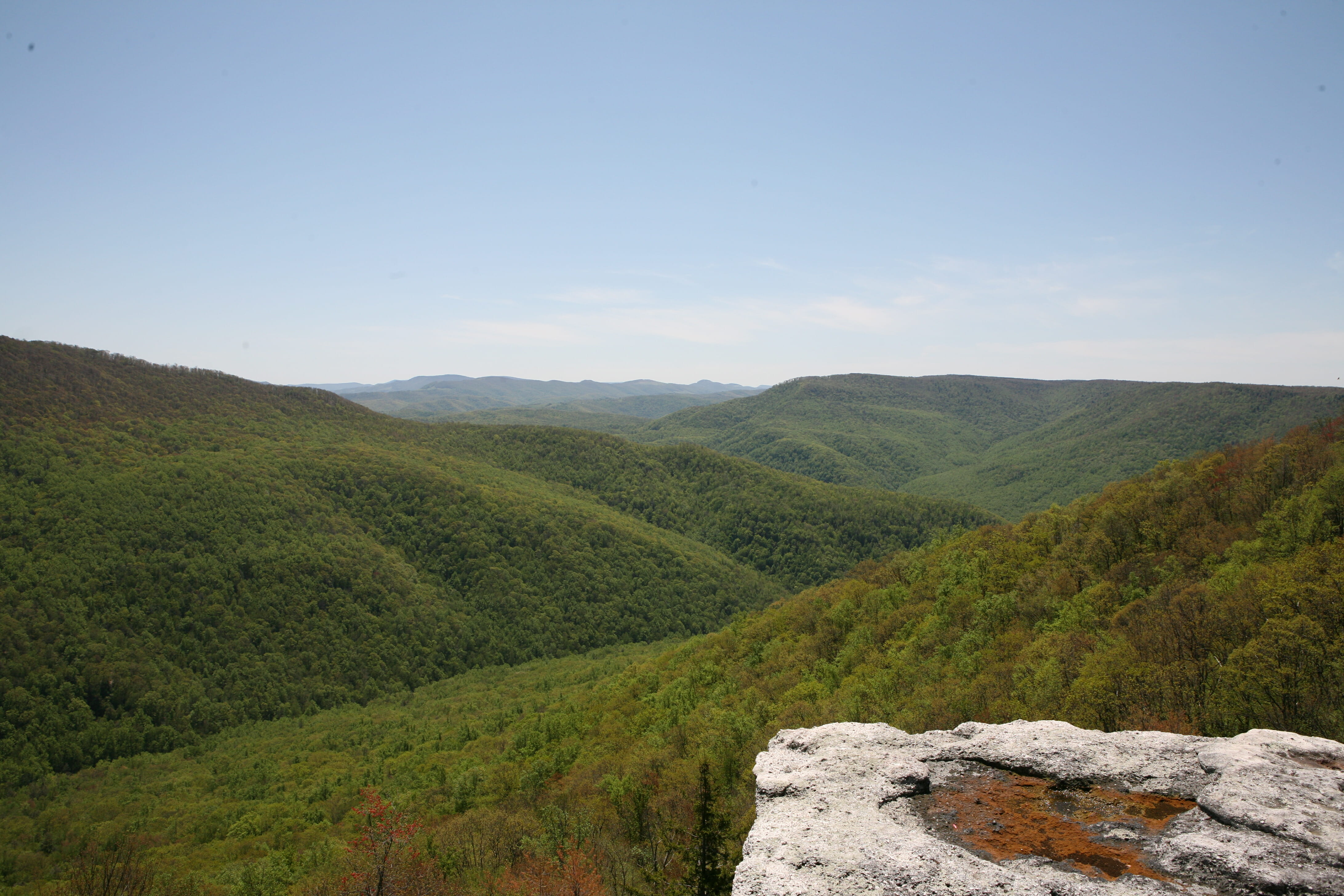Confluence of Red Run and Dry Fork in the Cheat River drainage
By Katy Dunlap
Last fall, the Atlantic Coast Pipeline (ACP) filed a formal application with the Federal Energy Regulatory Commission seeking approval to construct and operate a 564-mile interstate natural gas pipeline across some of the best trout habitat in West Virginia and Virginia, including Cheat and Back Allegheny Mountains in the Monongahela National Forest and Ramsey’s Draft and Shenandoah Mountain in the George Washington National Forest.
From the time that we learned of the project in 2014 until today, TU’s West Virginia and Virginia State Councils have been working with TU staff to make sure that if this pipeline is constructed, all possible measures are taken to avoid or minimize impacts to native and wild trout populations and their watersheds. We have submitted comments on environmental analyses, and we have partnered with the West Virginia Rivers Coalition to train our members and other citizens to collect baseline water quality data in coldwater streams and conduct visual stream assessments.
The U.S. Forest Service shared our concerns about the pipeline impacts, and a few weeks ago told ACP to move the route away from habitat for sensitive species—which happen to be some of the same areas that support native and wild trout. Today, ACP has announced a new route that is intended to avoid Cheat Mountain and Shenandoah Mountain.
TU applauds the Forest Service for upholding its management plan and protecting ecologicall sensitive resources, and is encouraged that ACP has responded. In the coming weeks, TU will be evaluating the new proposed route to determine how it may impact the Upper Elk River, Slaty Fork and other native trout streams and prized fishing destinations. And we will be using what we learn to advocate for ways to avoid impacts to trout watersheds.
Katy Dunlap is the eastern water project director for Trout Unlimited. Katy is based in the Finger Lakes region of New York.



